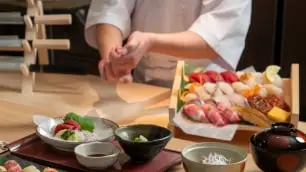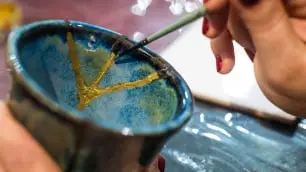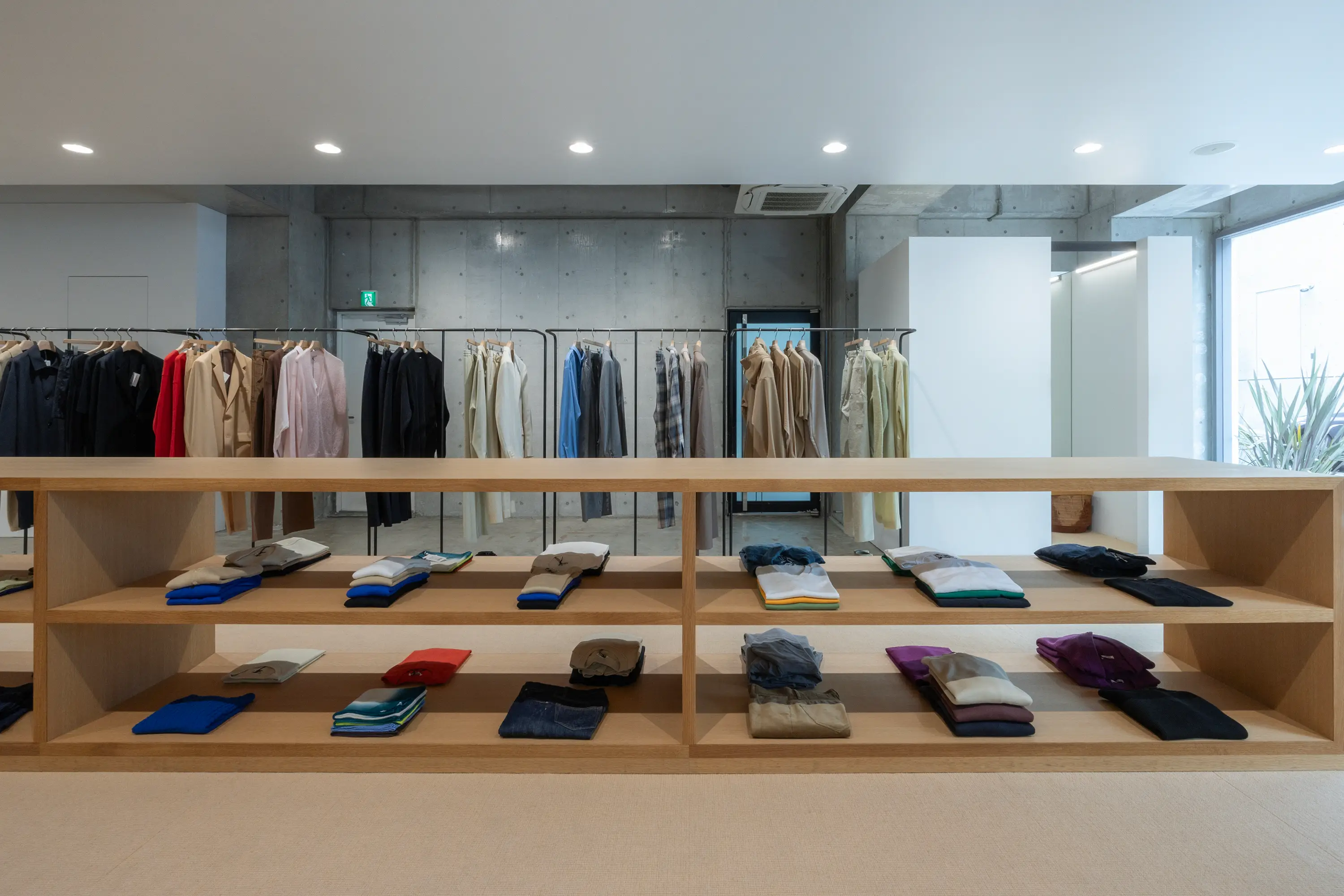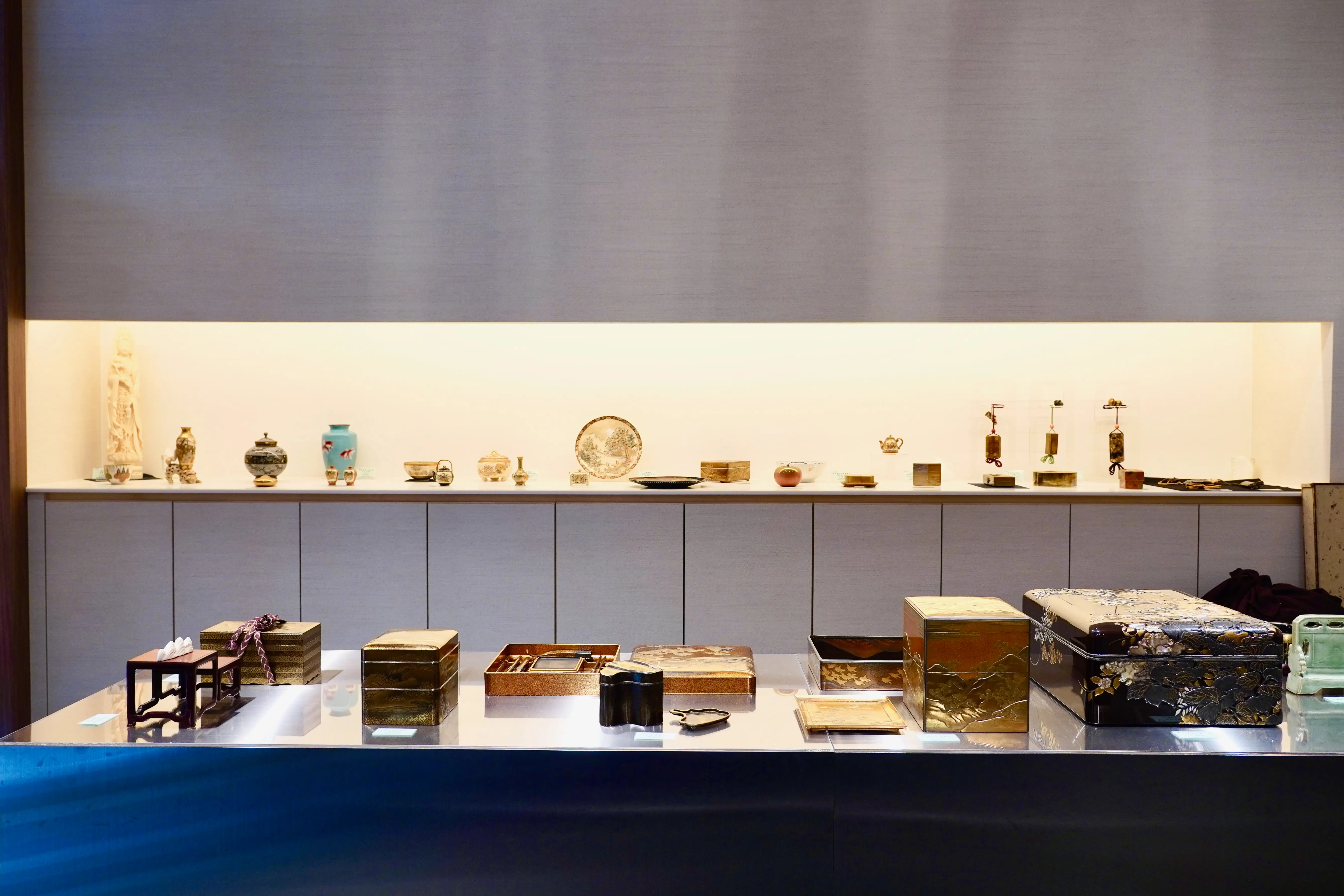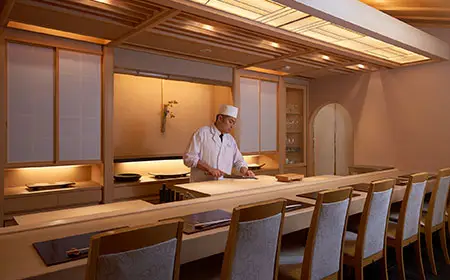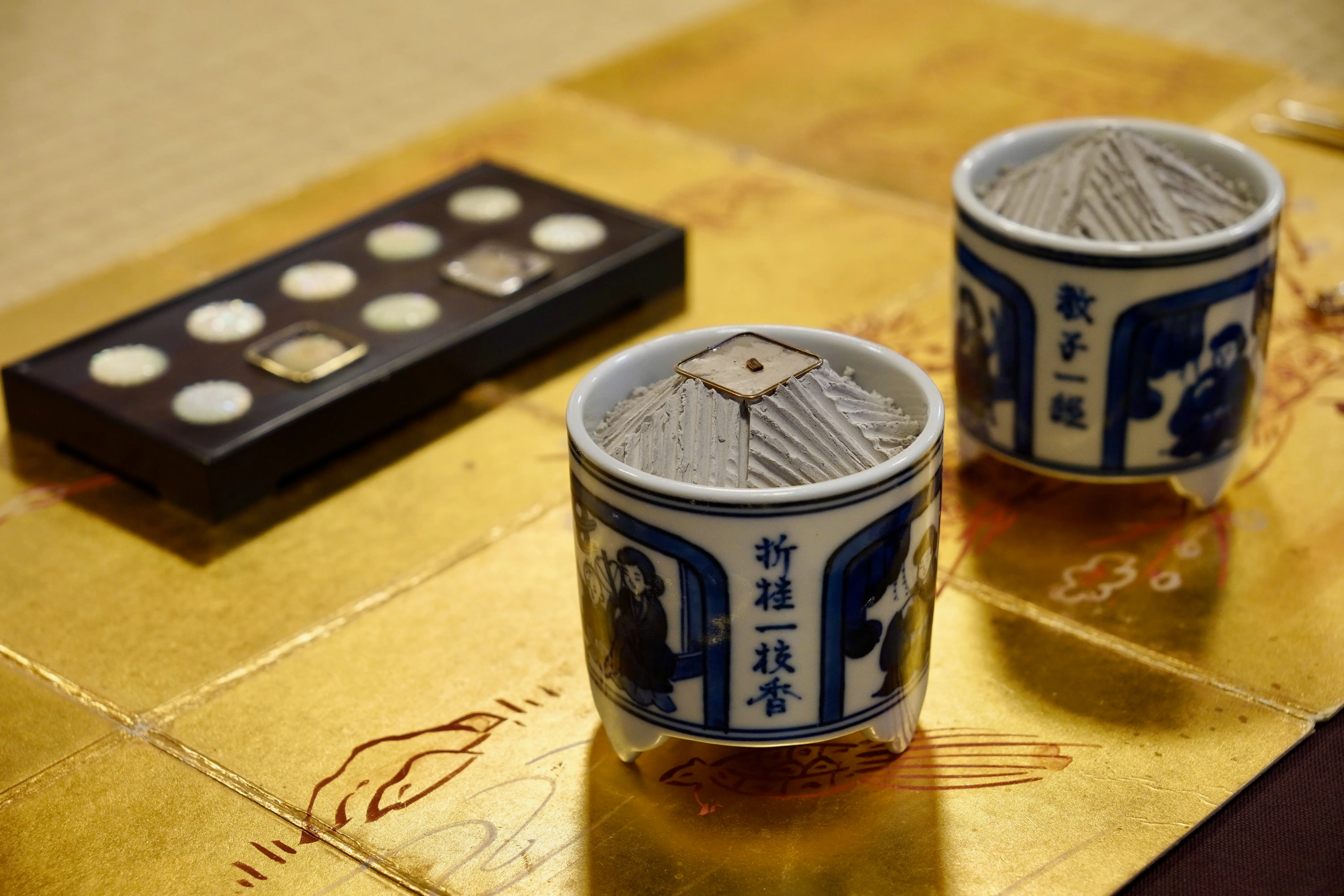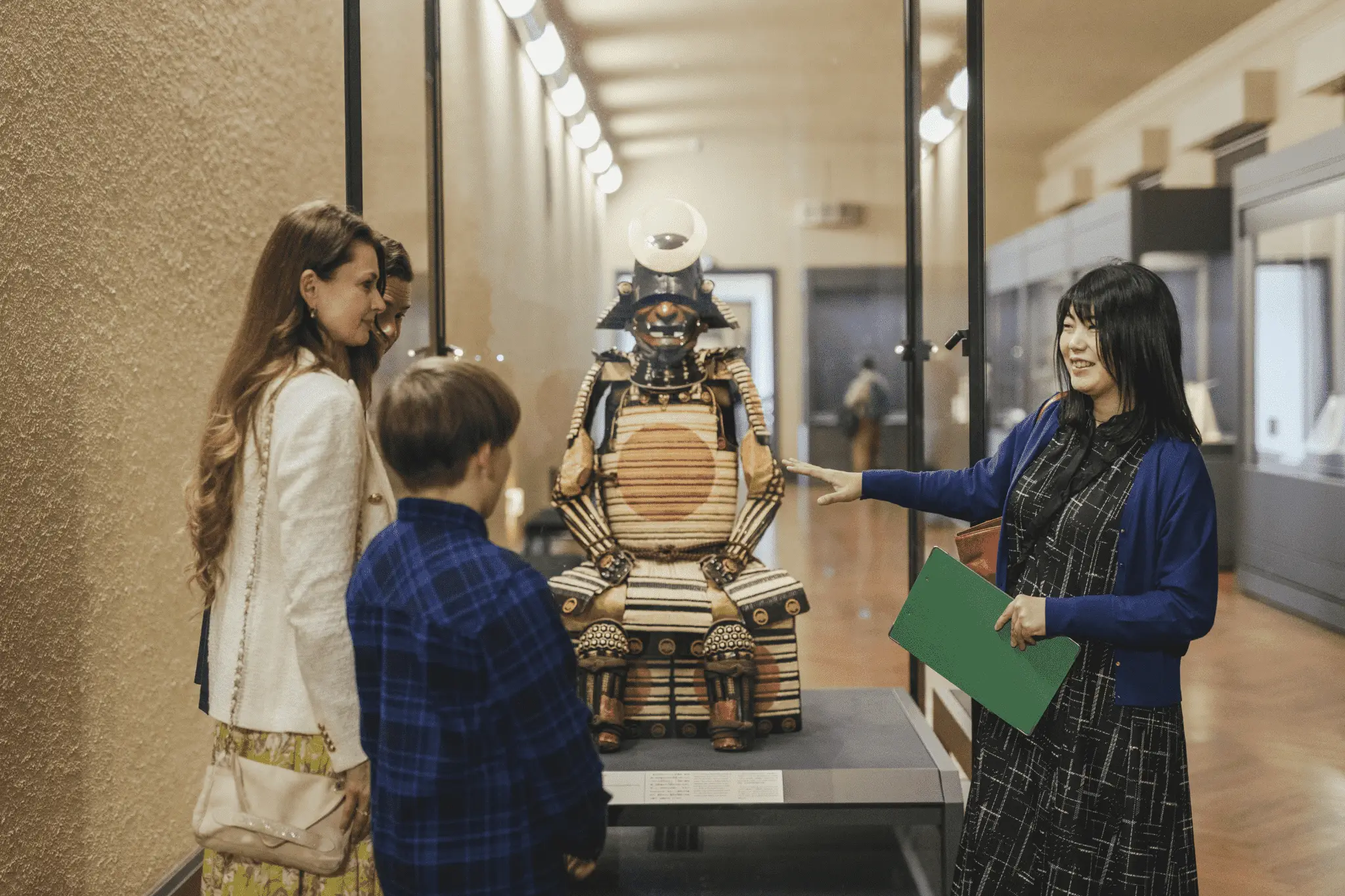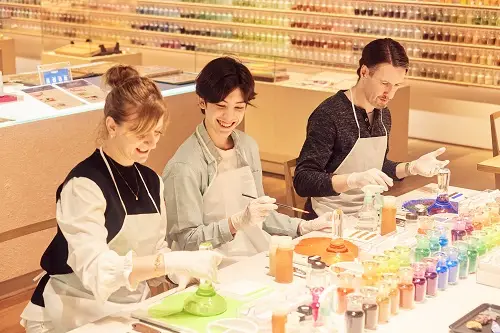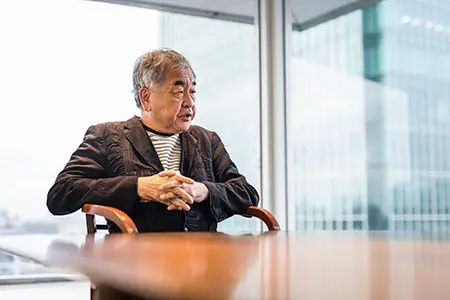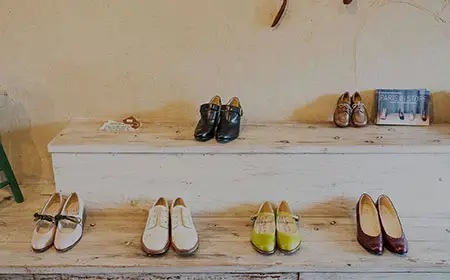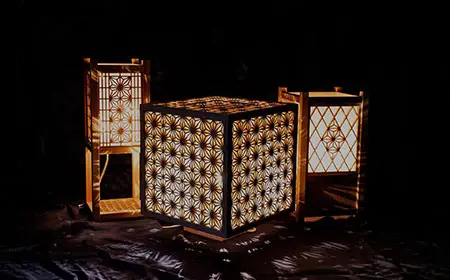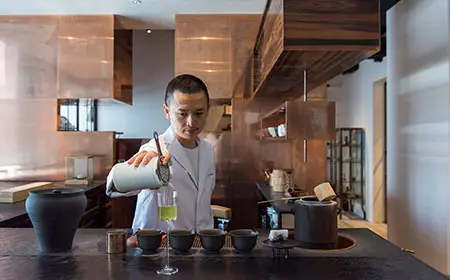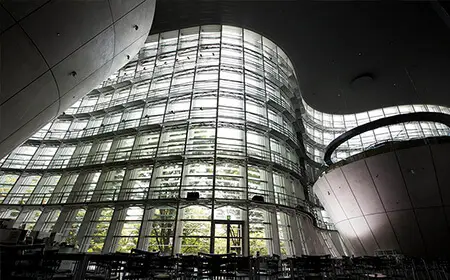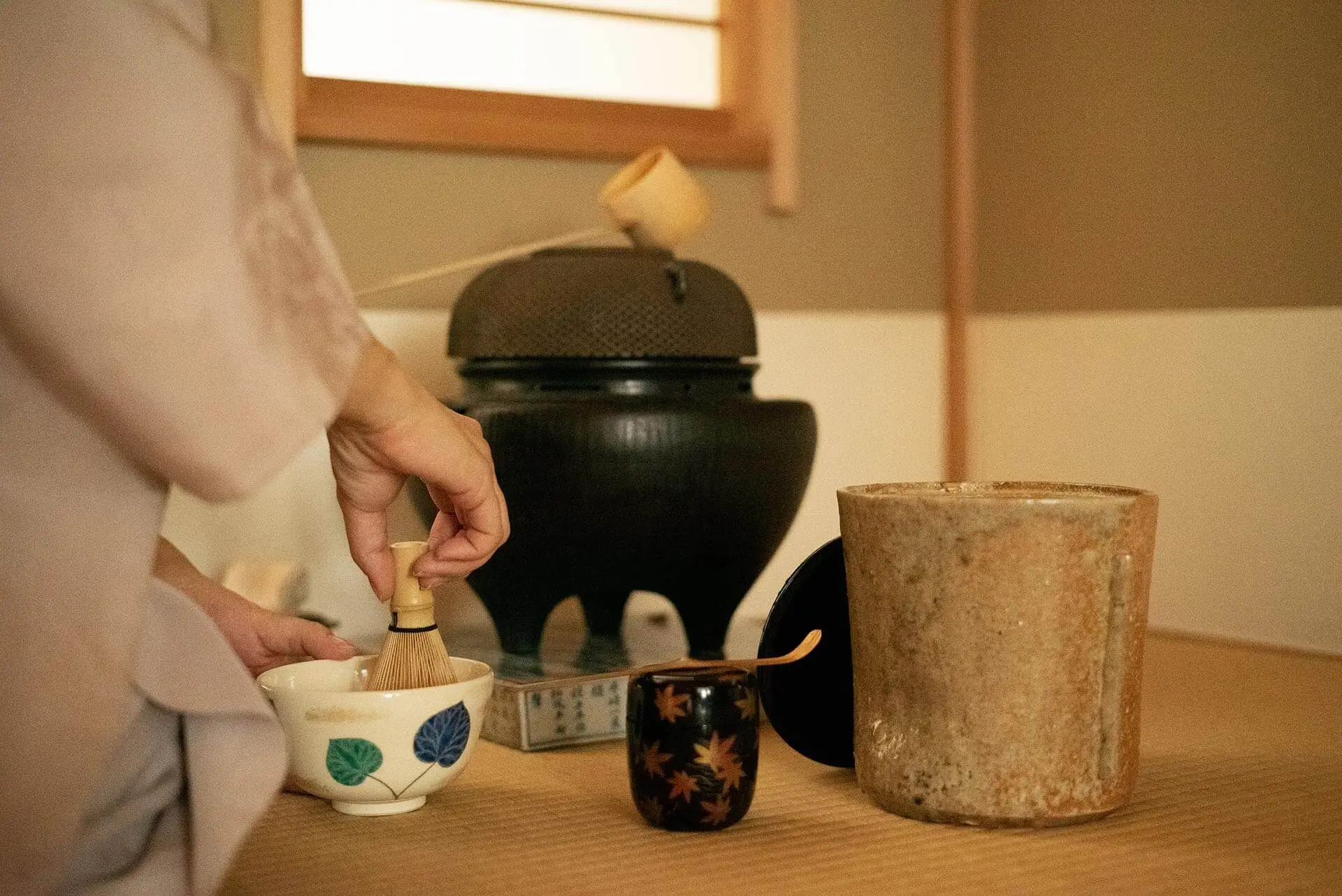
YOUR OWN PRIVATE TEA CEREMONY
Find out what the Way of Tea is all about in a ceremony created just for you.
In The Book of Tea (1906), a timeless classic still in demand more than a century after it was published, scholar Kakuzo Okakura declared the serving and enjoyment of tea a work of art. “Each preparation of the leaves has its individuality, its special affinity with water and heat, its hereditary memories to recall, its own method of telling a story. The truly beautiful must be always in it.” During your stay in Tokyo, appreciate this unique art form and method of heart-to-heart communication in a chado ceremony designed just for you.
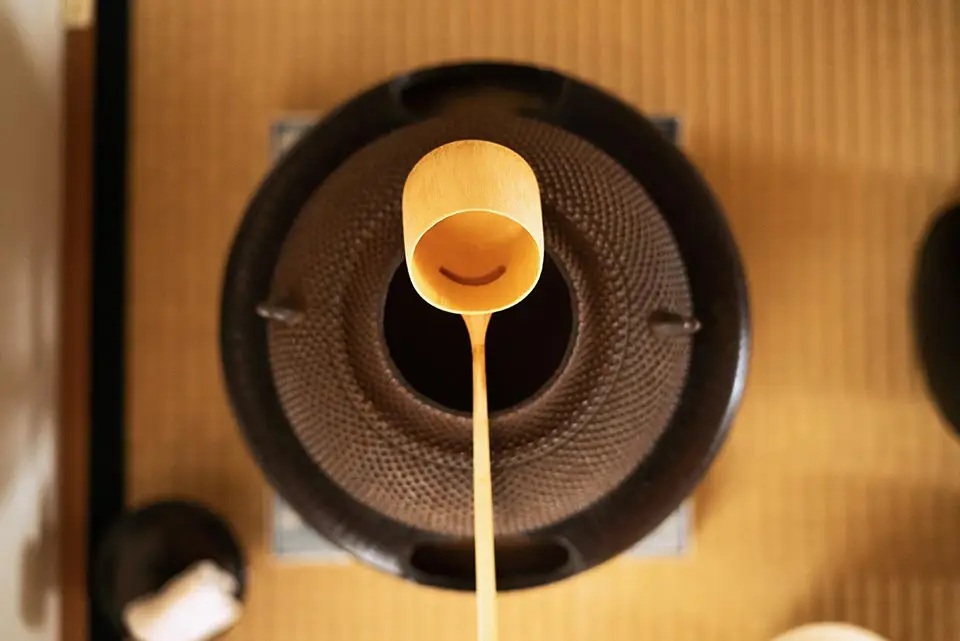
Your host is Machiko Hoshina (tea name: Soshin), an accomplished tea practitioner of the Urasenke school. Offered in English, her lessons and experiences can be performed in full formal style at a traditional tea room and garden in the city, or conducted more casually at your own hotel. Hoshina will tailor the ceremony to suit your time and interests as she demonstrates its four basic principles: wa, kei, sei, and jaku—harmony, respect, purity, and tranquility. Set out by the great master Sen no Rikyu in the 16th century, these tenets are tools for appreciating the delicate balance of the present moment. Hoshina calls them “the art of living.”
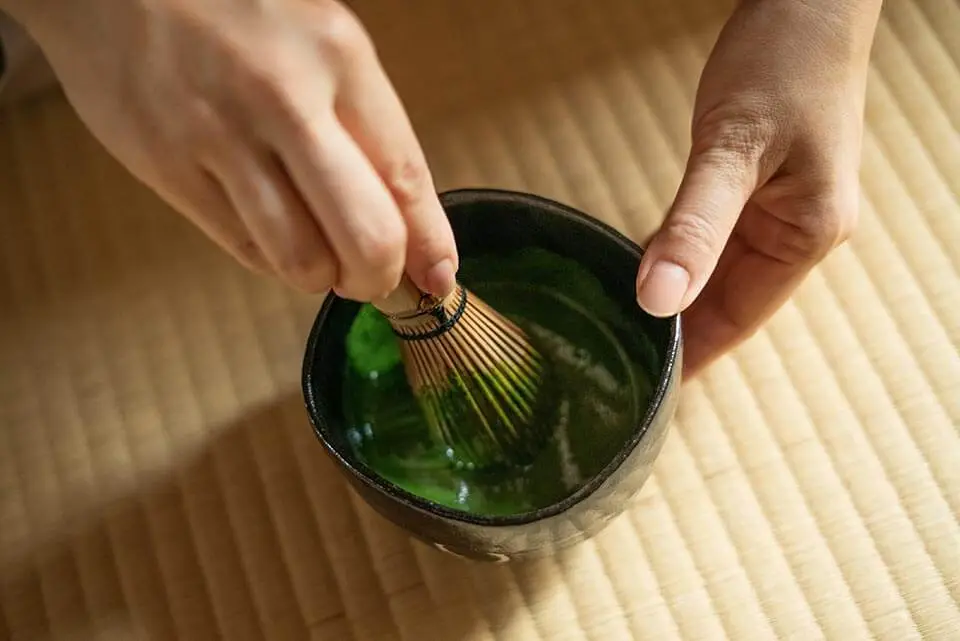
You will enjoy a freshly whisked bowl of thick green koicha—the centerpiece of a tea gathering—and learn how the philosophy behind the Way of Tea remains very much alive in Japan today. Hoshina likes to recommend that visitors begin and end their trip with tea: “A brief introduction soon after arrival can reveal much about Japanese culture that guests will encounter, in glimpses, during their travels. Then, before returning home, a fuller ceremony is a lovely way for them to reflect on and deepen their experiences here.” Even the utensils used—a lacquerware tea container, a bamboo whisk, a pottery tea bowl, for example—provide the opportunity to hold small works of time-honored art traditions in your own hands.
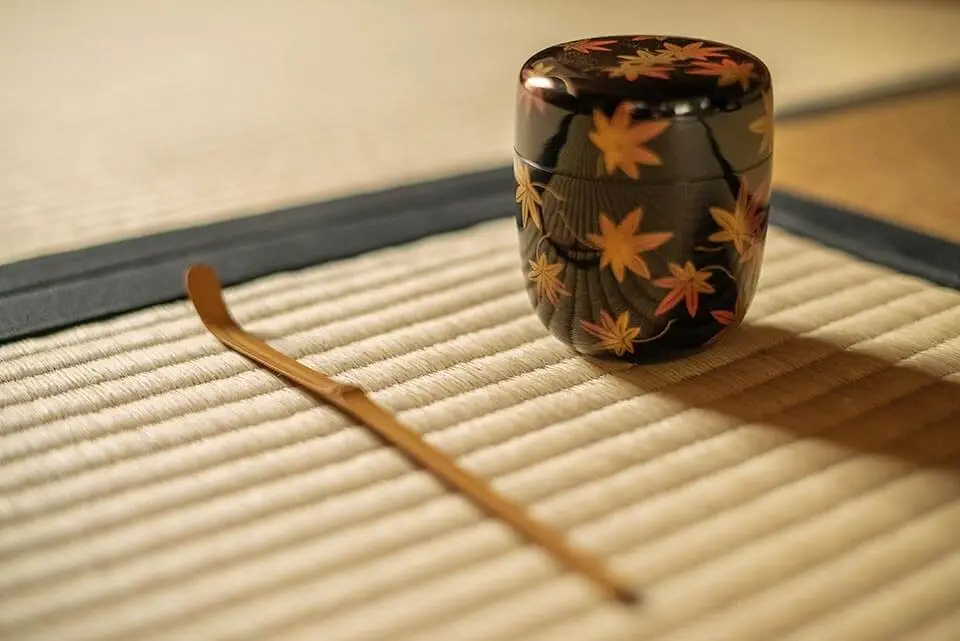 A full formal tea gathering may last as long as four hours. It begins with the ritualistic laying of the charcoal and includes a light meal with sake in addition to the preparation and serving of koicha and the thinner usucha tea that’s served with sweets to conclude the event. “We speak of tea practice as being a kind of meditation in motion,” Hoshina says. “It’s an invitation to stay present, to be mindful of the tastes, scents, sights, sounds, and touch that are all part of the experience.” Long or short, your tea ceremony is an opportunity to savor something bespoke and elegant.
A full formal tea gathering may last as long as four hours. It begins with the ritualistic laying of the charcoal and includes a light meal with sake in addition to the preparation and serving of koicha and the thinner usucha tea that’s served with sweets to conclude the event. “We speak of tea practice as being a kind of meditation in motion,” Hoshina says. “It’s an invitation to stay present, to be mindful of the tastes, scents, sights, sounds, and touch that are all part of the experience.” Long or short, your tea ceremony is an opportunity to savor something bespoke and elegant.
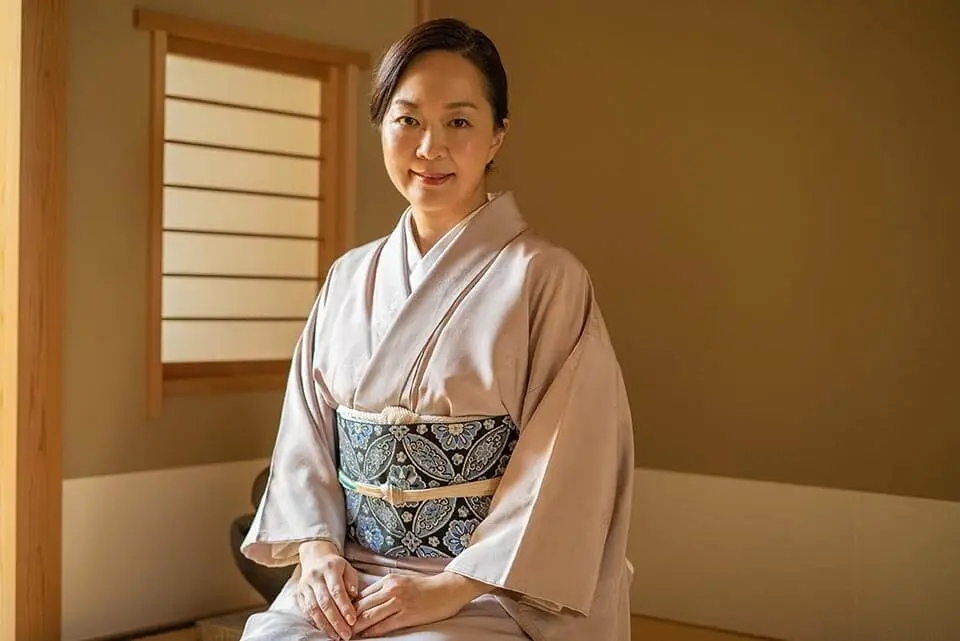
A descendent of the Tokugawa family, Hoshina spent her childhood in the United States and attended high school in Australia. Her easy charm puts to rest any qualms visitors may have about proper etiquette. “Enjoying a tea ceremony,” she says, “is less about knowing or following any rules than about each person contributing to the shared mood. This is true of the host, as well. For example, at one point in the ceremony the tea practitioner will hold up the bamboo ladle as if it were a mirror. She or he is showing the heart’s readiness to prepare the tea well for you.”
When your personalized Tokyo tea experience has concluded, what unique story will you have to bring home?
charen






